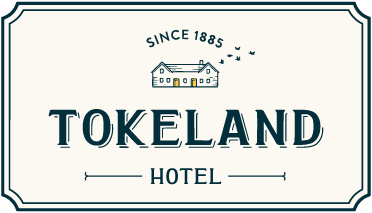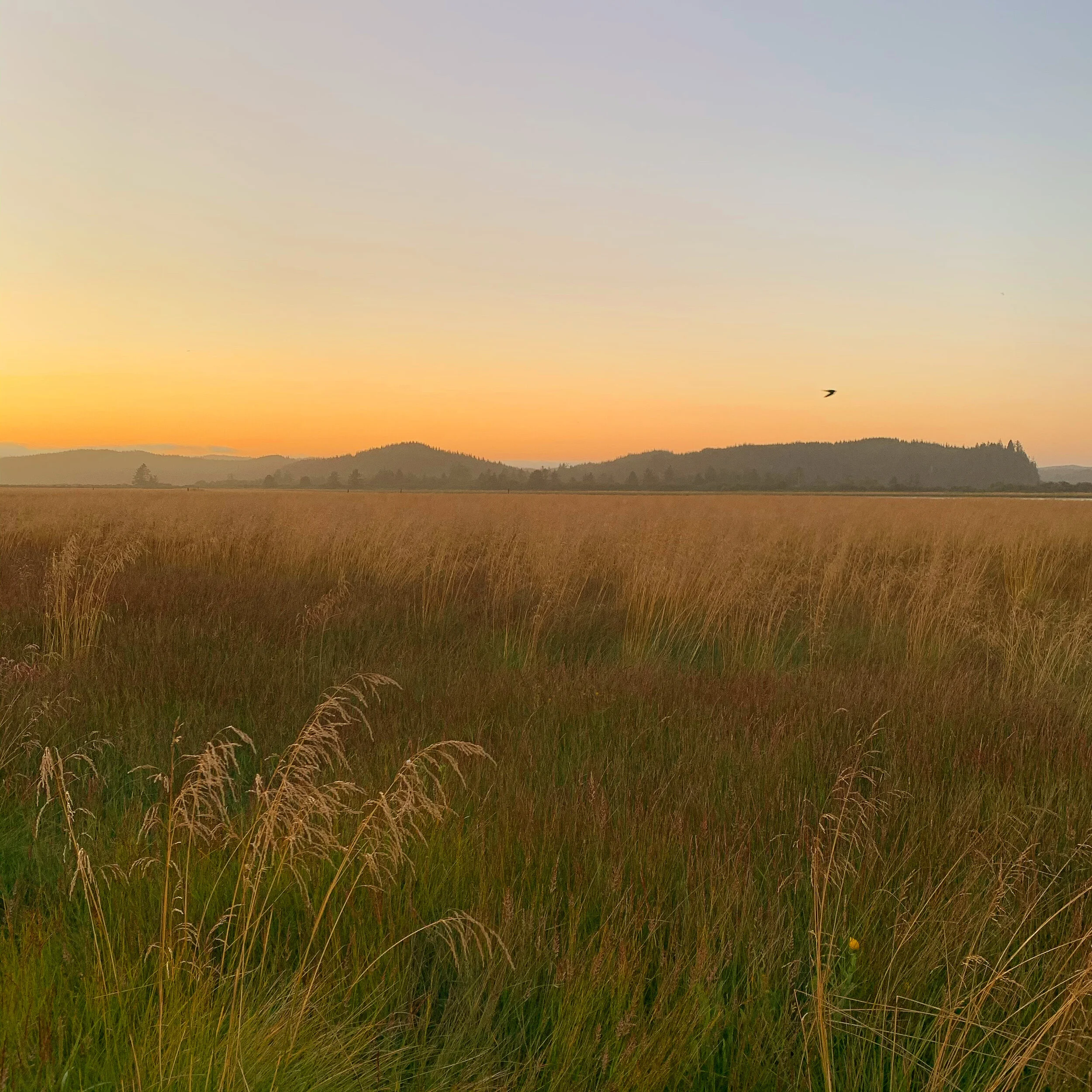Our Awards
Slow Food Snail of Approval 2024
The Wandering Goose features Southern-inspired food utilizing hyperlocal ingredients. After years as a Seattle institution, owner Heather Earnhardt had the unique opportunity to take over stewardship of Tokeland Hotel, Washington’s oldest hotel. For Heather, this was a way to return to a slower pace of life reminiscent of her North Carolina upbringing.
“Our goal is to honor the community we call home - to restore the hotel to a sense of grandeur and inviting southern hospitality while having the restaurant be the center of this region’s dining scene and a local economic engine,” shared owner Heather Earnhardt.
To do that, Earnhardt, her husband and business partner Zac Young, and sous-chef Ryan Monks are on a journey to meet and work with as many local vendors as possible. Their working farm, Little Goose Farms, provides 100% heirloom produce and edible flowers year-round, utilizing mason bees and honeybees for pollination. Heirloom chickens, turkeys, peacocks, goats, guinea hens, and geese roam freely on the grounds. They rely on local farms, including Wobbly Cart, Chehalis Valley, Fantello Creamery, TUNaWERTH Creamery, and Helping Junction to fill the gaps. Their meat comes from regional, humane ranches, Pure Country, and Preservation Meats, and the fish are all caught in local waters. The oysters, Toke points, are harvested by Shoalwater Seafood in the backyard estuary. This plan also extends to the drinks program, which features small, regional family breweries, while the majority of wines are from natural or biodynamic wineries, many of which are run or owned by women. Staff also get a free family meal every shift, twice a day, and they currently house seven full-time employees, rent-free.
“Ryan and I discuss every item we bring in the back door before it happens, and believe me, it’s a challenge,” Earnhardt said. “We are now seed oil-free, using beef tallow in our fryers, coconut oil instead of canola, and the highest quality extra virgin olive oil from Italy for the rest. We minimize food waste by feeding scraps to our pigs, using some for stocks, and the remaining for our compost bin. We carefully monitor our orders to ensure zero GMO products are coming in, and we only serve seasonal and local fish. If it’s not in season, it’s not on the menu.”

